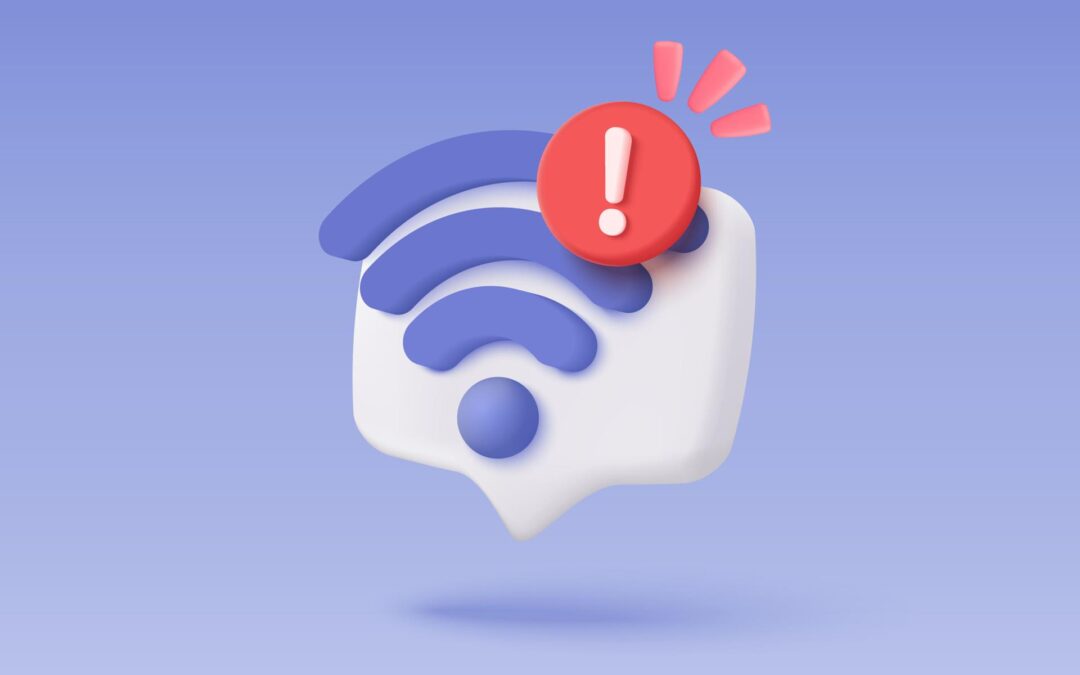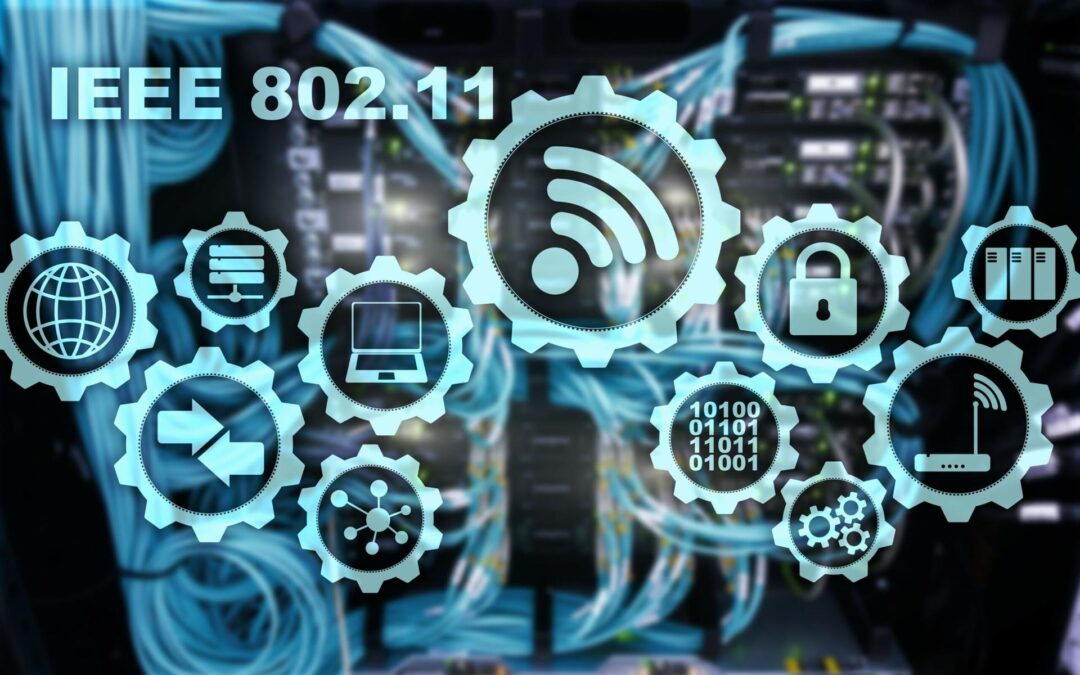WiFi Security
In today’s fast-paced digital world, where we rely heavily on the internet for work, communication, and entertainment, ensuring the security of our WiFi connection has become more crucial than ever. WiFi security is not just about preventing unauthorised users from leeching off your network – it’s also about safeguarding sensitive information and protecting your privacy and your identity.
One of the most common WiFi security protocols used worldwide is WPA (WiFi Protected Access). While WPA provides a level of encryption to secure your network, it’s important to understand that it is not foolproof. With the advancement of technology and readily available hacking tools, cracking WPA security has become easier than ever for cybercriminals.
Hackers can use various techniques like brute force attacks, dictionary attacks, or WiFi sniffing to exploit vulnerabilities in WPA security and gain access to your network. Once they have access, they can intercept your data, monitor your online activities, and even launch more sophisticated cyber-attacks.
People often think that their network and information is unattractive to but a hacker, anything easy to crack is interesting. Hackers target and manipulate networks in various ways and once a hacker is on your network they can do a lot of damage and can steal your entire identity.
So, what should you be doing instead to enhance your WiFi security and protect your data? Here are some essential steps to improve your WiFi security:
Use WPA3 Encryption: You could upgrade your WiFi and devices to WPA3, the latest and most secure WiFi encryption protocol available. WPA3 offers stronger encryption algorithms and better protection against offline dictionary attacks.
Separation: Having separate wireless networks for different things ensures that any potential hack has limited reach. If you have home automation systems, gaming consoles, personal laptops, company laptops etc then try strategically separating them and creating different SSID’s for each of them. Smart devices like, Alexa, Nest, , smart plugs etc are commonly targeted. Keeping your company laptop and personal devices separate is also a good idea. Where possible turn off peer to peer communication so one device on a wireless network cannot see any other devices. This is especially important if you have a guest network.
Change Default Passwords: One of the easiest ways for hackers to compromise your network is by using default passwords. Change the default admin password of your router to a strong, unique password to prevent unauthorised access.
Update Firmware Regularly: The key to WiFi security is keeping your network firmware up to date to patch any security vulnerabilities and ensure that you have the latest security features installed. Unpatched systems are easy targets.
By taking these proactive steps to enhance your WiFi security, you can safeguard your connection, protect your sensitive information, and enjoy a worry-free online experience. Remember, when it comes to WiFi security, prevention is always better than cure. Stay vigilant, stay informed, and stay secure!
If you would like to find out more about how to improve your WiFi security then please get in contact with a member of our team. Contact us











